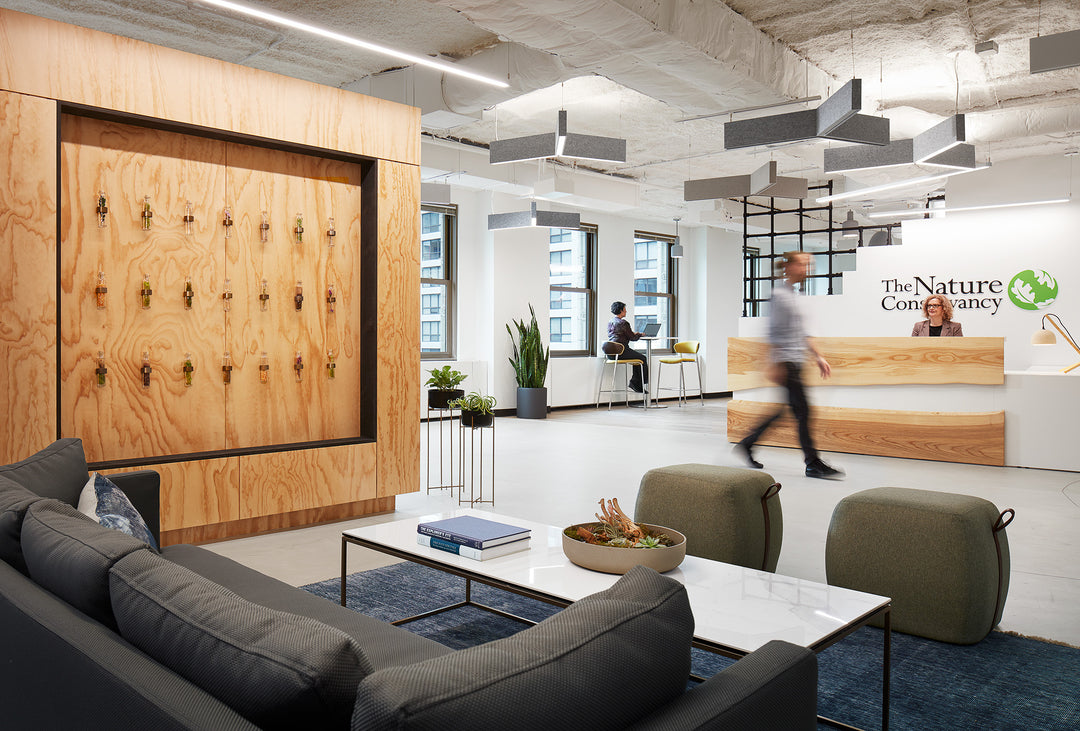3 Reasons The Coworking Business Model Is Booming
The trend of coworking has continued to thrive worldwide, with the newest spaces providing a blend of personal amenities, hospitality features, IT services and social programming. Office essentials, such as ergonomic chairs and refurbished “green” workstations, are typically modern and inviting. It isn’t uncommon for a coworking office to have designer coffee brewing, healthy snacks available, and local beer on tap. It’s easy to see why this model is thriving with freelancers, startups and even enterprise companies. Read on to learn why shared office space is appealing to these three groups.
1.How can freelance employees benefit from a coworking office?
With gig employees on the rise, shared office space gives freelancers a viable option for noncommittal real estate and helps avoid the “work from the couch in pajamas” rut many contract employees are all too familiar with. Communal offices can give a sense of community, presence, and infrastructure – just the type of support the freelance business model yearns for. Conference rooms decked out in modern furniture and the latest technology make hosting client meetings a breeze. A friendly receptionist ready to greet clients and field phone calls can help transform a one-man band into a full blown orchestra. Impressive, right?
2.How can a startup benefit from a coworking office?
Shared offices are also enticing to startups – and it’s not the fancy coffee that’s getting these folks excited. Flexible lease agreements take a huge burden off the startup community’s shoulders. Because these companies are often located in cities with premium real estate prices, coworking space allows them to simply tweak monthly rental memberships as needed to accommodate for growth (or cut backs). This flexibility simply wouldn’t be possible in a traditional office rental agreement.
3. How can enterprise companies benefit from a coworking office?
It’s easy to see why people think freelancers and startups are the bulk of what keeps the shared office space battleship humming, but they are not the only groups using these spaces. Many predict that 50% of enterprise companies will be involved in the coworking industry by 2020. A large portion of these corporations actually partner with coworking providers to stay ahead of the curve with idea sharing, innovation and talent. A great example of this is Microsoft giving 30% of their NY based sales employees access to WeWork to tap into the startup culture.
Bottom line: if you’re looking to get noticed in your industry, have a thing for good coffee and enjoy a social atmosphere, consider becoming part of the communal office space community.
For more information on coworking, please see our infographic on coworking, and our blog posts on the basics of coworking and the different types of coworking spaces. For more information on office furniture, industry trends and to stay in touch, please follow Rework on Twitter and LinkedIn.




